MSC Cruises, a privately owned company based in Geneva, will resume operations with two departures from Italy this month, it said at the weekend.
It becomes the first global operator to announce cruises for the lucrative Mediterranean market after the coronavirus pandemic froze cruises throughout the world.
READ ALSO: Face masks remain and cruise ships return: What's in Italy's new emergency decree?
The MSC Grandiosa and MSC Magnifica are to set sail on August 16th and 29th from Genoa and Bari, respectively, to sites in Italy, Malta and Greece in a high-stakes gamble for the industry that Italian Prime Minister Giuseppe Conte has called a “fundamental part of our economy”.
Italy's €14.5 billion cruise industry — Europe's largest — is a key economic driver that supports nearly 53,000 jobs, according to the Cruise Lines International Association (CLIA).
A Europe-wide suspension of cruises through August could result in a total economic loss of about €25.5 billion, CLIA has calculated.

An MSC cruise liner towers over the Venetian lagoon. Photo: Andrea Pattaro/AFP
Italy approved the restart of its cruise industry from August 15th as part of efforts to revive a moribund economy devastated by a more than two-month quarantine, with cruise operations suspended in March.
“After months of lockdown… people obviously want to return to travelling, visiting places,” MSC spokesman Michele Curatolo told AFP on Monday. MSC was receiving “lots of calls” for the trips, although the ships will sail at about 70 percent of normal passenger capacity, he said, adding that the reduction “seems sufficient” to meet demand.
The Costa Crociere Group, MSC's giant rival owned by Carnival, will resume Mediterranean cruises from September, the company said in a statement, starting with departures from Trieste to Greece and Genoa to Malta.
READ ALSO: Italy's biggest cruise companies won't be stopping in Venice this summer
The industry's reputation suffered a hit with dozens of deaths and thousands of infections aboard cruise ships.
Global health authorities criticised its slow response to the spread of the virus, from lax monitoring of crew, to continued operation of self-service buffets and gyms, to lack of personal protective equipment.
At the start of the coronavirus pandemic, various cruise ships were stranded at sea around the world from Japan to California as nations, including Italy, blocked them from their ports.

Thousands of people were stuck on the Costa Smeralda in January over fears of coronavirus infections aboard. Photo: Filippo Monteforte/AFP
As of June 11th, 3,047 people were infected and 73 people died aboard 48 CLIA cruise ships, according to Johns Hopkins University data provided by CLIA.
The risk persists, according to the US Centers for Disease Control, which on July 16th extended a no-sail order in US waters until September 30th.
“The current scientific evidence suggests that cruise ships pose a greater risk of COVID-19 transmission than other settings,” the CDC said. Close living and working spaces for crew and partially enclosed environments were obstacles to social distancing, it said in its July order.
Norway's Hurtigruten was the first international passenger cruise operator to restart operations in June, only to suspend its service and apologise after at least 40 passengers tested positive for COVID-19. Local authorities worry that disembarked passengers may have spread the virus to towns along the western Norwegian coast.
READ ALSO:
- 'Italy should be wary of tourists, not vice versa': The verdict on visiting Italy
- EU urges countries to reinstate curbs to halt coronavirus resurgence
- Italy warns of new infections brought back by Italians holidaying abroad
Meanwhile Costa's website advertises cruises from Savona and Venice on August 15th and 16th, as well as other August cruises from other ports in Italy.
MSC has suspended the rest of its Mediterranean, Caribbean, Asian and north European cruises until late October.
The company said its security protocol exceeds national and industry standards. At the terminal, passengers and crew will take a COVID-19 blood test before boarding and temperatures will be taken daily. For excursions, passengers will be escorted in controlled groups to avoid interactions with others.
Food from the buffet, a highlight of the cruise experience, will be served at passengers' tables, while social distancing will increase, among other measures.
CLIA Europe spokesman Martyn Griffiths said the industry was now in a “different operating environment” from earlier this year when it was hit with the unprecedented crisis. Gradual restarts, he said, allow crews to get used to new protocols, while passengers now better understand the risk of coronavirus in their daily lives and do not consider cruises more dangerous.
“It's peak summer holiday time now, people love cruising,” he said.

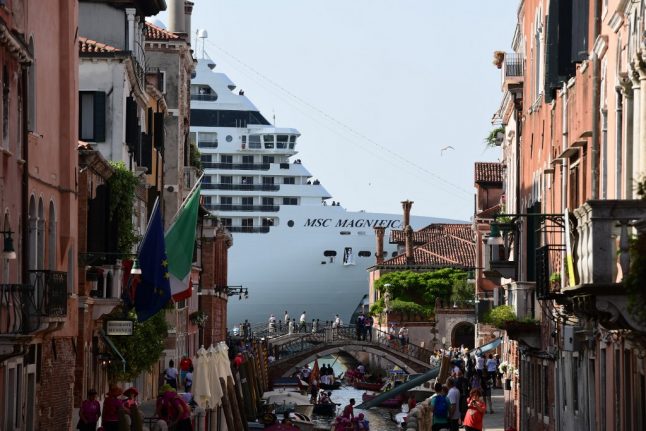
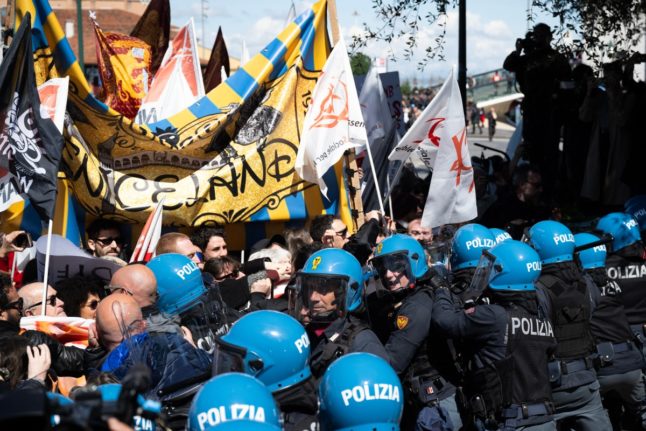
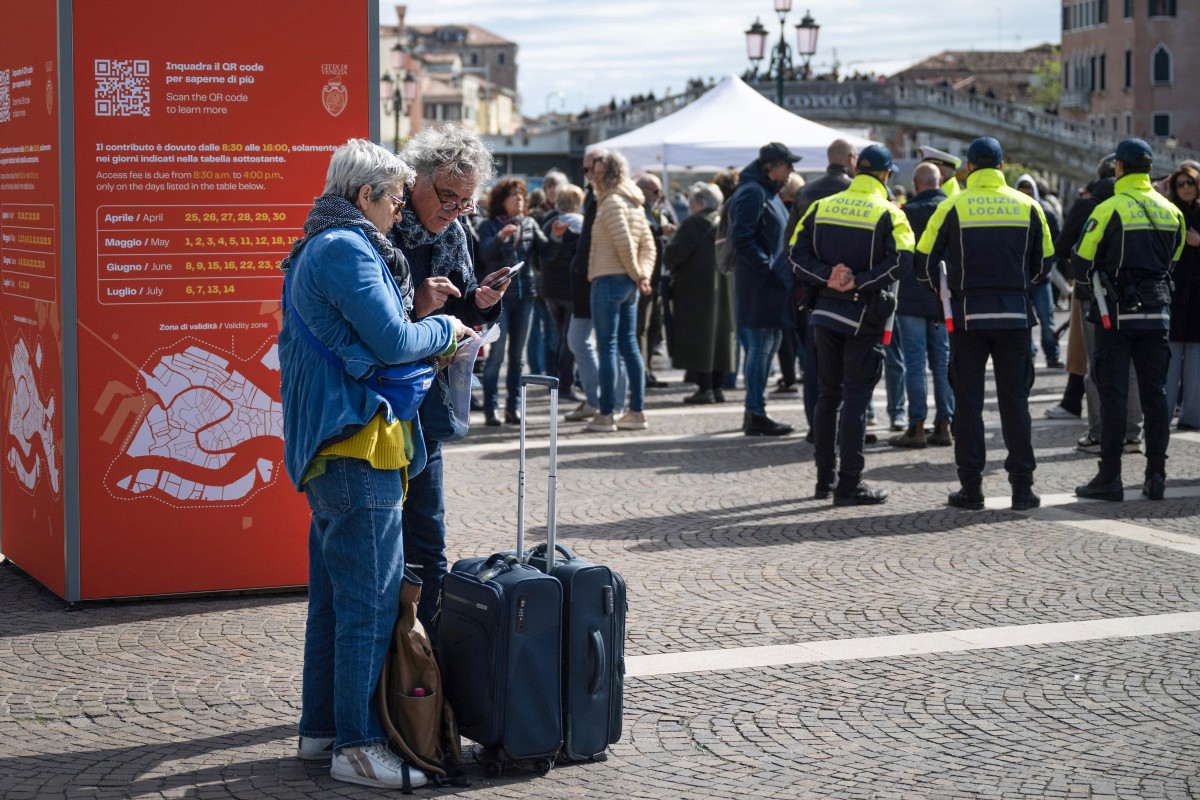
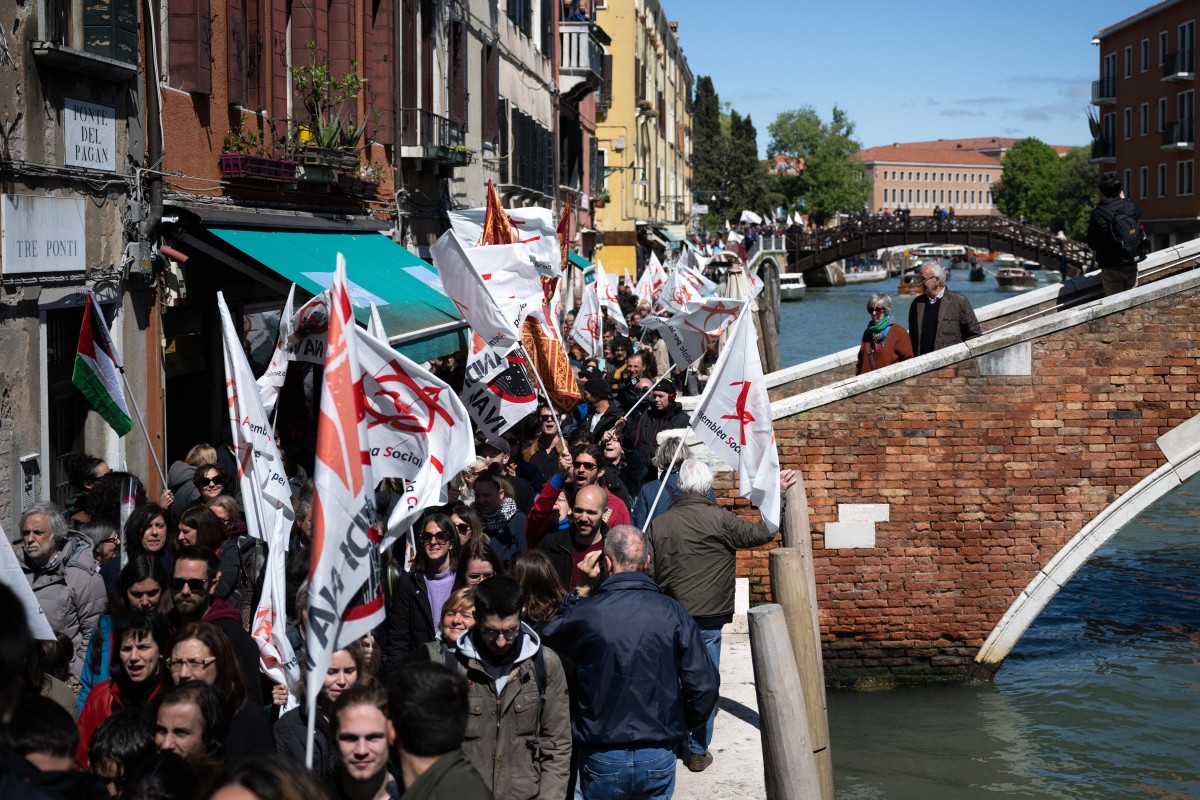
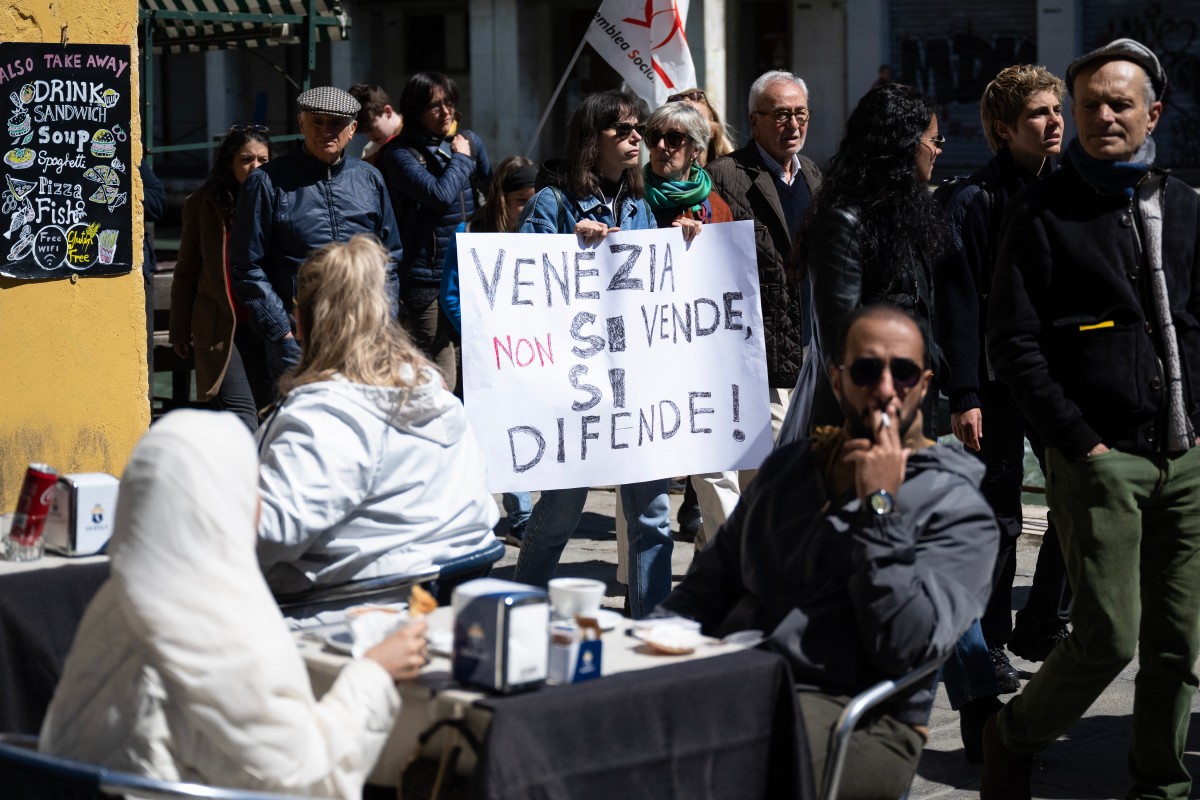
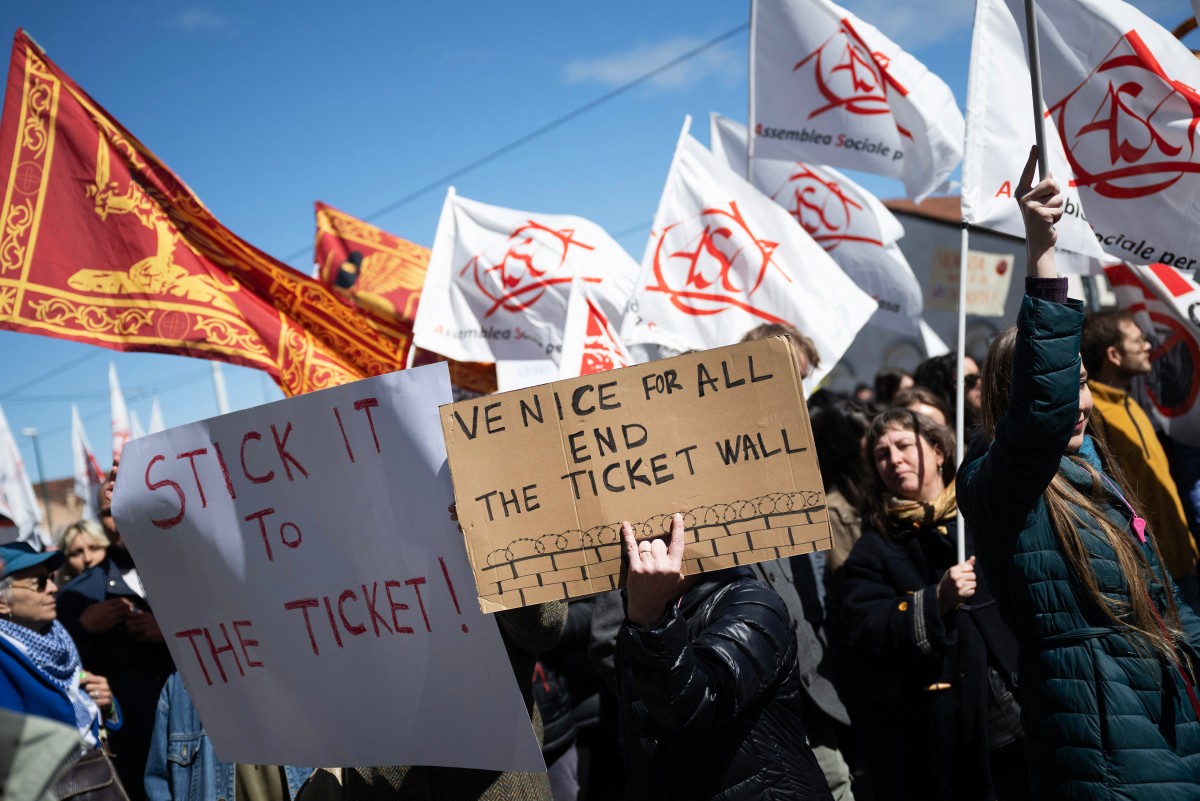
 Please whitelist us to continue reading.
Please whitelist us to continue reading.
If not, now, when? When will Italy and the rest of the world realize these MAMMOTH cruise sheep wreak havoc on the seas, the local estuaries, and anchorages and turn once beautiful tourist destinations into zoos while in port? If Italian bureaucrats were not so corrupt, they would ban all of these gigantic floating apartment buildings and restrict their anchorages to much smaller, earth-friendly, people-friendly ships. It is obscene looking at these floating cities tied up next to a cityscape!